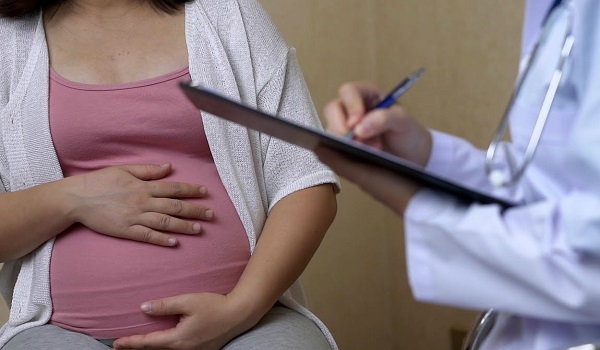Did you know that according to the Centers for Disease Control and Prevention, more than half of all pregnancies in the United States are unplanned? In addition, around four in 10 American women will have an abortion by the time they reach menopause.
With these staggering statistics, it’s evident that pregnant women face numerous questions and concerns about their health and wellbeing. In this comprehensive blog post, we will delve into the common issues faced by pregnant women, covering everything from morning sickness to post-partum depression. Stay tuned for valuable tips on how to navigate and overcome these challenges.
Understanding the Phases of Pregnancy:
For most women, pregnancy is a 9-month journey marked by excitement, anticipation, and vigilance. Let’s explore the key phases and what to expect during each:
-
First Trimester:
- Fatigue, nausea, and breast tenderness are common as the body adjusts to hormonal changes.
- Increased bathroom trips and the anticipation of feeling the baby’s movement around 18-20 weeks.
-
Second Trimester:
- Energy levels often increase, and nausea tends to subside.
- Rapid baby growth may lead to noticeable changes in body shape.
-
Third Trimester:
- Back pain, heartburn, and discomfort may intensify as the body prepares for childbirth.
- Many women feel a strong bond with their unborn child during this time.
Caring for Yourself During Pregnancy:
Pregnancy is a joyful yet demanding time. To ensure a healthy pregnancy, it’s crucial to take care of both your physical and emotional well-being. This includes getting enough rest, maintaining a healthy diet, staying active, and following your doctor’s recommendations. Taking the time and effort to care for yourself during pregnancy pays off for both you and your child.
Navigating Labor and Delivery:
When the time comes to go into labor, staying calm and contacting your healthcare provider is essential.
This section provides guidance on recognizing active labor, what to do at home, and how to prepare for hospital or birthing center arrival. Tips for comfort and pain relief are also discussed, highlighting the gradual progression of labor leading to the delivery of a healthy baby.
Post-Birth Care for Mother and Baby:
After childbirth, the focus shifts to caring for both the mother and the newborn. This section emphasizes the importance of rest, good nutrition, and household support for the mother’s recovery. Additionally, tips on bonding with the baby and meeting their basic needs are shared to ensure the health and happiness of both mother and child.
Tips for Returning to Work After Giving Birth:
Returning to work after having a baby presents its own set of challenges. This section offers practical tips for easing back into the workplace, including communication with employers, arranging childcare, and addressing the needs of breastfeeding mothers. By incorporating self-care into the routine, the transition back to work becomes more manageable.
Conclusion:
Pregnancy is a transformative journey filled with ups and downs. This comprehensive guide aims to provide expectant mothers with valuable insights, tips, and resources to navigate each phase successfully. By prioritizing self-care, seeking support, and staying informed, mothers can embark on this journey with confidence and embrace the joy that comes with bringing a new life into the world.

